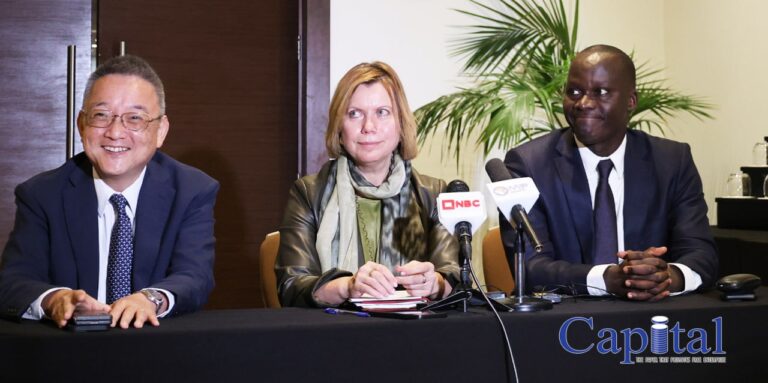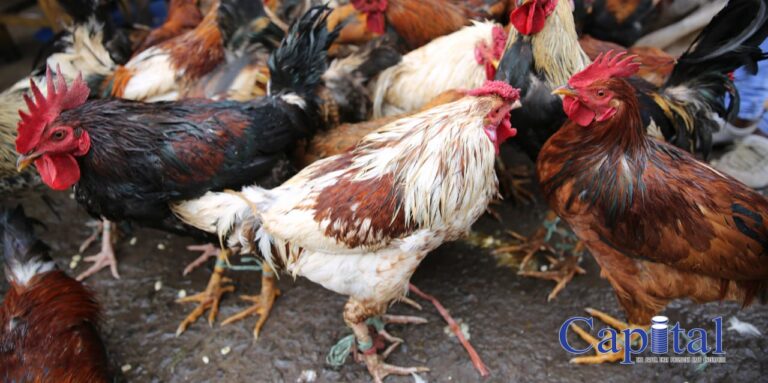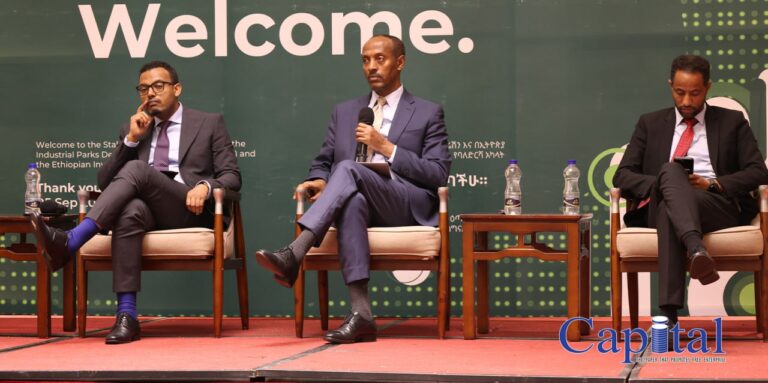The need for new financing strategies and improved access to global capital markets for development finance has become more pressing than ever. As a result, Africa requires an additional $1.3 trillion per year to make meaningful progress toward the Sustainable Development Goals (SDGs), according to experts.
In response to this pressing need, key policymakers, government officials, and experts from across Africa gathered in Addis Ababa for a three-day regional workshop titled “A Continent in Conversation: Alternative Strategies to Improving Africa’s Credit Ratings.” The event aimed to discuss the strategic and policy impacts of sovereign credit issuance and their influence on Africa’s development funding landscape.
Recent downgrades of African countries by the Big Three credit rating agencies – Moody’s, S&P, and Fitch Ratings – have highlighted the urgent need for many African nations to address their fiscal challenges and secure development financing. The workshop, which brought together nearly 50 stakeholders and key government officials from Ethiopia, Tanzania, Kenya, Uganda, and the United Nations Economic Commission for Africa (UNECA), focused on equipping participants with the knowledge and tools needed to improve their credit ratings processes.
Speaking during the opening session, Samuel Doe, Resident Representative of UNDP Ethiopia, underscored the importance of understanding credit ratings processes and their implications for development financing to achieve sustainable development goals. “Credit ratings matter because they can enhance a country’s reputation and market standing,” he emphasized.
Shigeki Komatsubura, Resident Representative of UNDP Tanzania, urged African countries to leverage the opportunity to understand credit rating processes and restore their collective credit strengths to the levels achieved in the early 2000s with the help of UNDP’s groundbreaking Africa credit rating initiative.
This initiative, which includes a resource platform, advisory services, and credit rating capacity building, aims to provide policymakers with practical knowledge and training in the credit rating space. By equipping African nations with the necessary tools and strategies, the workshop aims to help bridge the financing gap and accelerate progress towards the SDGs.
As the global community works towards a more sustainable and equitable future, the need for innovative financing solutions and improved access to capital markets has never been more critical. The Addis Ababa workshop serves as a crucial step in empowering African countries to take charge of their development trajectories and secure the resources needed to build a prosperous and resilient continent.








